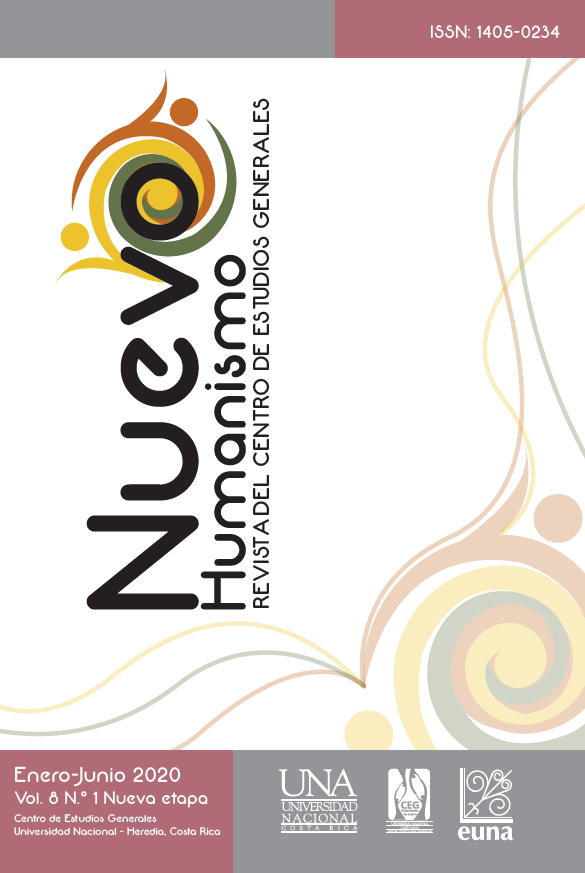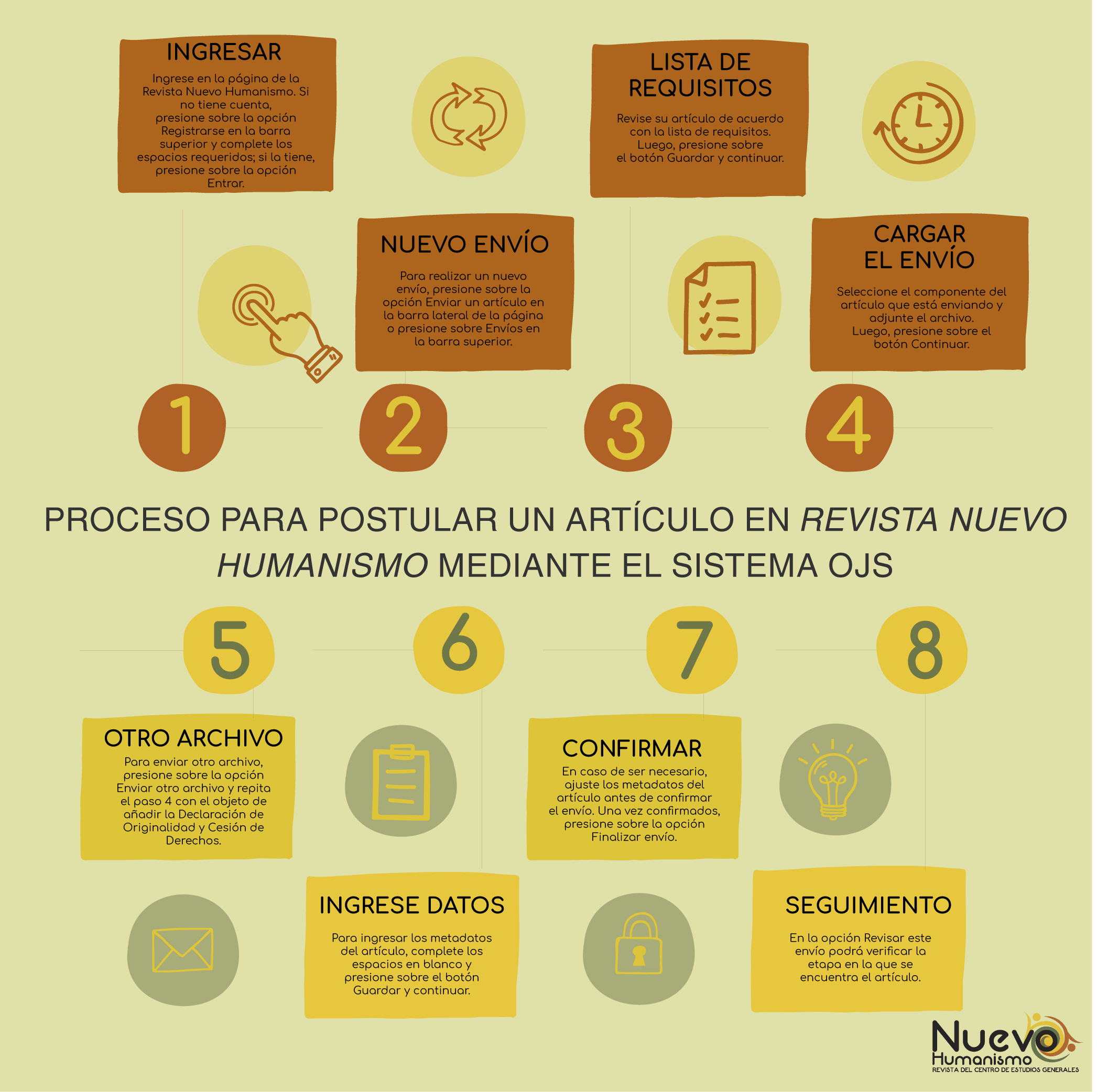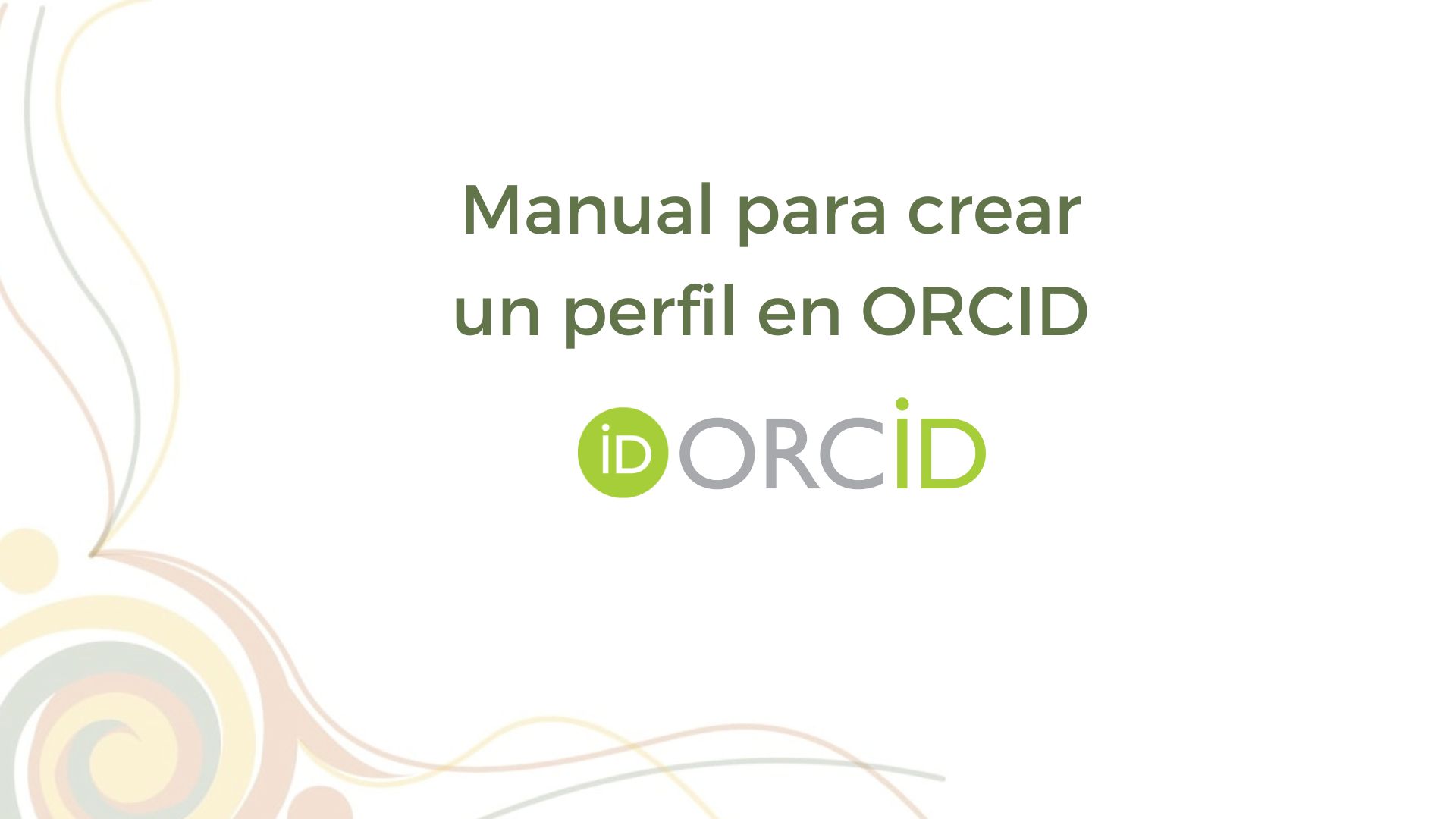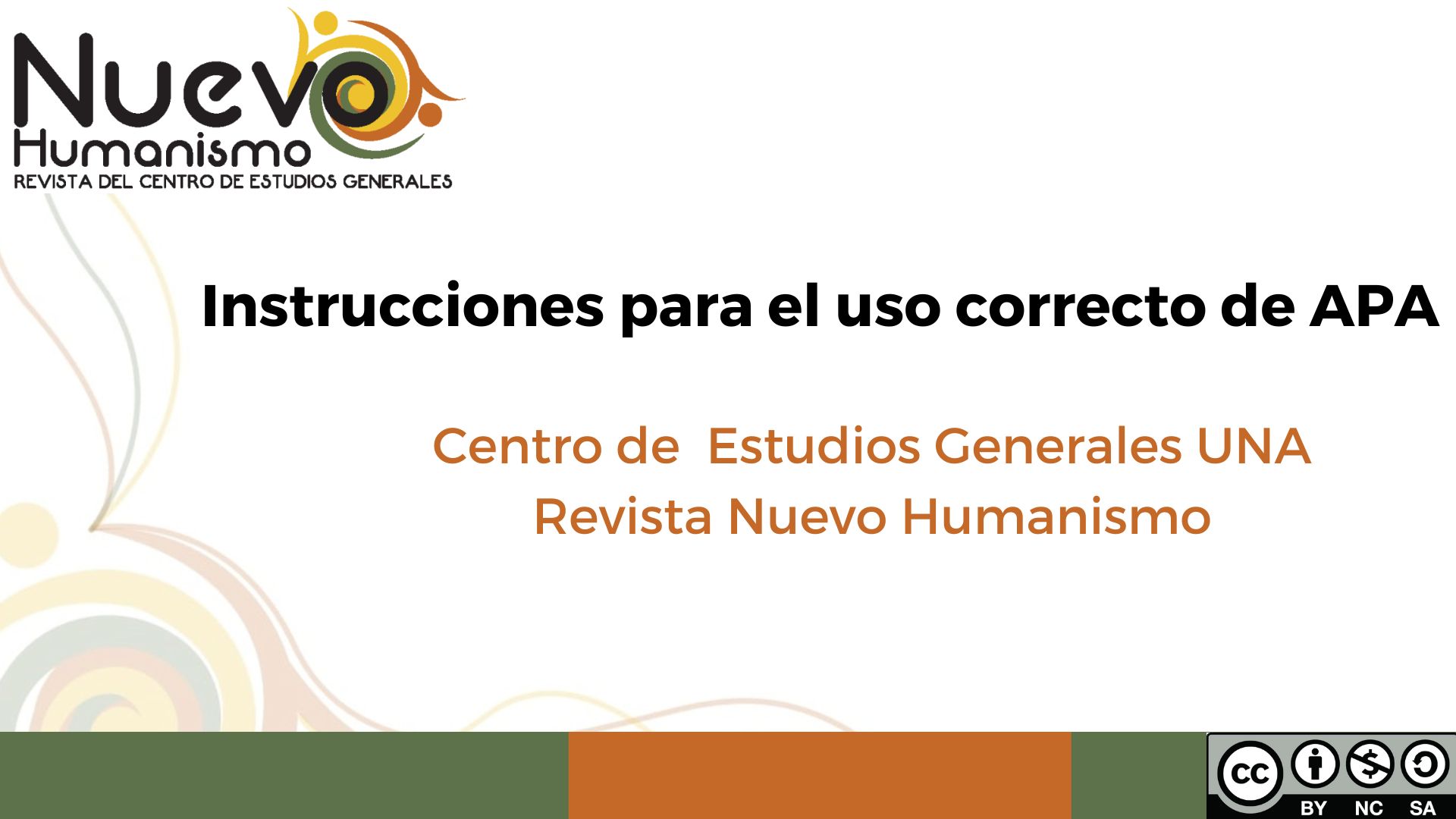Law or Life: Formal Law Versus Material Law
DOI:
https://doi.org/10.15359/rnh.8-1.5Keywords:
Iusnaturalism, iuspositivism (formal law), life, material lawAbstract
This article aims to assess critically the modern perception of law around the following question: are laws born to coerce or to protect and reproduce material, human life? The study was conducted through an introductory overview of the classic debate between natural law (iusnaturalism) and positive law (iuspositivism). Then, a draft on the theme of "formal rationality of law" was prepared to discuss, later, Kelsen and Luhmann’s main proposals. Some enriching approaches these scholars offered on the analysis of the rational reconstruction of law were taken into account to present a proposal founded on another categorical horizon. Therefore, the discussion and reflection on the frameworks of juridical foundations help to understand the conditions of the possibility of law's validity and legitimacy. This consequence means that juridical science does not become a science by the mere fact of believing that the truth of its statements and its character of obligatoriness constitute the only criteria of irrefutable validity, and that it is in law, in the material needs of peoples or communities, where the complexity of historical and concrete life lies. It is there that the legal domain acquires its richness and historical significance. For this purpose, it is crucial to understand the past struggles between iusnaturalism and iuspositivism, and between formal and material law. Knowing the antinomies of both perspectives helps to know where legal science is heading in terms of its social utility and historical responsibility.
References
Alexy, R. (1989). A theory of Legal Argumentation. University Press.
Aquino, Tomás. (1951). Summa Theologiae, en Opera. Marietti.
Aristóteles. (1983). Ética Nicomaquea, Instituto de Investigaciones Filológicas-UNAM.
Bartra, B. (2008). Teorías filosóficas del contrato. Península.
Bobbio, N. (1991). El problema del positivismo jurídico. Fontamara.
Bourdieu, P. y Teubner G. (2013). La fuerza del derecho. Universidad de Los Andes-Siglo del Hombre Editores.
Dussel, E. (2006). 20 tesis de política. Plaza y Valdés.
Dworkin, R. (1977). Taking Rights Seriously. Harvard University Press.
García, Ramírez, J. C. (2006). Los derechos y los años. Otro modo de pensar y hacer política: los adultos mayores. Plaza y Valdés.
García, Ramírez, J. C. (2013). Derechos humanos y participación ciudadana en Karl Marx. Juan Pablos Editor.
Habermas, J. (1998). Facticidad y validez. Trotta.
Hegel, G. F. (1989). Filosofía del derechoPaulinas.
Hobbes, T. (1999). Leviatán. Técnos.
Kant, I. (1999). Metafísica de las costumbres. Técnos.
Kelsen, H. (1993). ¿Qué es la justicia? Planeta-Agostini.
Kelsen, H. (1998). Contribuciones a la teoría pura del derecho. Fontamara.
Klug, U. (1989). Problemas de la filosofía y de la pragmática del derecho. Fontamara.
La Torre, M. (1994). Derecho, poder y dominio. Fontamara.
Luhmann, N. (1972). Rechtssoziologie. Opladen-Westdeutscher Verlag.
Luhmann, N. (1993). Das Recht der Gesellschaft. Opladen-Westdeutscher Verlag.
Marx, K. y Engels, F. (1978). Die deutsche Ideologie. Dietz Verlag.
Rawls, J. (2000). Teoría de la justicia. Fondo de Cultura Económica.
Rousseau, J. (1985). El contrato social. Pensadores Clásicos.
Séneca. (1919). Epistulae ad Lucilium. De Boccard Ed.
Schmitt, C. (2010). Verfassungen. Dietz Verlag.
Schmitt, C. (1987). El concepto de lo político. Alianza.
Schreiber, R. (1990). Lógica del derecho. Fontamara.
Serrano, E. (1988). Legitimación y dominación. La definición de legitimación en la sociología de Max Weber. Revista Signos, 1.
Teubner, G. (1983). Substantive and Reflexive Elements in Modern Law. Law & Society Review. Blackwell Press.
Velarde, A. (2007). Crítica a la dogmática del derecho. Linotipo.
Zöllener, W. (2018). Materielles Recht und Prozeßrecht. En Archiv für die civilistische Praxis. Tübingen, Jastor.











